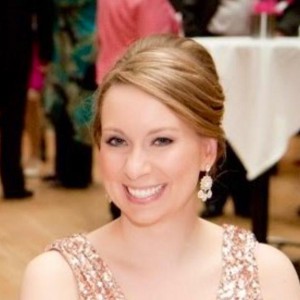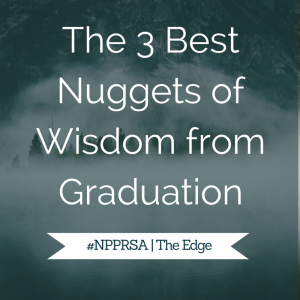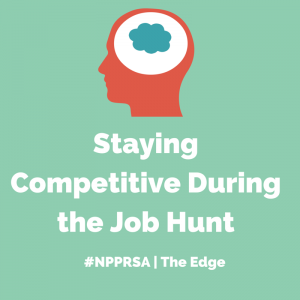 For those of you just entering the work force after graduating from college – first and foremost – congrats on graduating! It’s an exciting time to begin a new chapter and take new leaps of faith. It can also be daunting at times, with the vast number of options available to you as you begin your job search.
For those of you just entering the work force after graduating from college – first and foremost – congrats on graduating! It’s an exciting time to begin a new chapter and take new leaps of faith. It can also be daunting at times, with the vast number of options available to you as you begin your job search.
For those who take advantage of internships, you can utilize what you learn to help you narrow down what you might be interested in – agency vs. internal, corporate vs. non-profit, etc. And for a lucky few, these internships could lead to a full-time position post-graduation.
For others, we’re left with the boundless listings on job search sites such as Monster, Indeed or Media Bistro, among others. A tool that is often times forgotten or untapped, however, is Facebook. While it might seem silly, it actually works. I found my current job from a post on Facebook. To help guide you in using this platform in your job search, here are three tips.
Maintain your public profile
While many will recommend you immediately change your privacy settings the day you graduate, it can work to your advantage to leave your profiles public. An employer can get a sense of who you are, your interests, and how you would fit in with the company. Additionally, you can amp up your presence by promoting your blog (if you have one) or further demonstrate how you stay on top of current trends with your status updates. Be sure to be authentic and genuine about this.
But that also means you must be aware of what photos are tagged of you, what your friends post on your wall, etc. Bear that in mind if you do decide to keep your profile public.
Identify what you “Like.”
By going through and finding companies on Facebook, and liking their business pages, you can stay up-to-date on what’s going on in the office, the culture, and what clients they handle (if it’s an agency).
Most companies – especially PR agencies – will share when they are looking to fill a new position. If you already decided to follow them, you’ll be able to save the time you would spend deciding whether or not you would be a good fit for the company if you found the job listing elsewhere online.
Engage.
While you shouldn’t like every post that the company shares (this comes off as spam-my and frankly, annoying), by engaging with the company through likes and quality comments in moderation, they are more likely to recognize your name when your résumé hits their inbox.
At the end of the day, social media is a large part of a PR professional’s job description. What better way to get your foot in the door with your dream employer than starting a relationship on Facebook?
Have a tip on how to land your first job using Facebook? Share with us below!
 Shandi Huber is a senior account executive at Wordsworth Communications, a public relations agency in Cincinnati, Ohio. An enthusiast for all social media platforms, you can often find her pinning her dream closet on Pinterest or posting photos of her new puppy on Instagram. Connect with Shandi on LinkedIn and Twitter (@shandihuber).
Shandi Huber is a senior account executive at Wordsworth Communications, a public relations agency in Cincinnati, Ohio. An enthusiast for all social media platforms, you can often find her pinning her dream closet on Pinterest or posting photos of her new puppy on Instagram. Connect with Shandi on LinkedIn and Twitter (@shandihuber).









